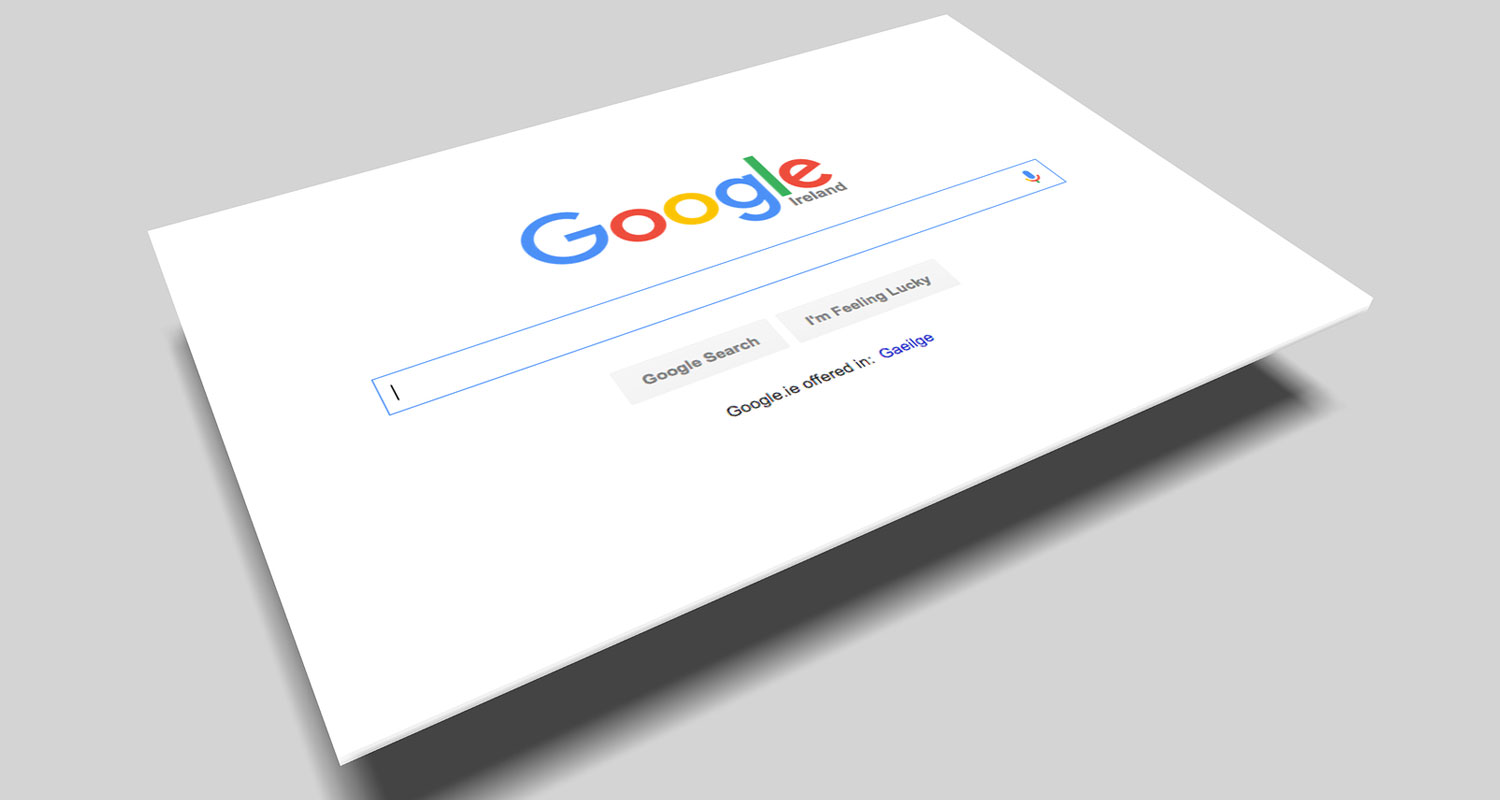 The Competition Commission has found that Google’s dominance in internet search in South Africa “distorts platform competition” in favour of large market players, and has recommended several remedies to counter this.
The Competition Commission has found that Google’s dominance in internet search in South Africa “distorts platform competition” in favour of large market players, and has recommended several remedies to counter this.
The findings are contained in the commission’s final report stemming from its more than two-year investigation into online platforms in South Africa. The report was published on Monday after several extensions to the competition regulator’s deadline to complete it.
“The inquiry finds that Google Search’s dominance and business model distort platform competition, as small and new platforms struggle for visibility and customer acquisition,” the commission said.
“To address this distortion, the remedial actions have focused on improving paid and organic result visibility for smaller South African platforms.”
Among the measures the commission will impose include:
- On organic results, Google must introduce a new platform sites unit (or carousel) to display smaller South African platforms relevant to the search (for example, travel platforms in a travel search) for free and augment organic results with a content-rich display.
- It must also introduce a South African flag identifier and South African platform search filter to aid consumers in identifying and support local platforms in competition to global ones.
- On paid results, the company must provide R180-million in advertising credits for small platforms to use in customer acquisition, along with free training to optimise advertising campaigns.
- It must also provide R150-million in training, product support and other measures for small and medium enterprises as well as black-owned online firms to offset the “competitive disadvantages faced on Google Search”.
The Competition Commission found, too, that “in certain platform categories”, including shopping and travel, there is the “additional distortion of Google providing services that compete with its customers for consumer attention”.
“Google has strong incentives to capture this specialist search traffic and has the ability to do so given that the majority of traffic originates on Google Search, where it designs the search page and algorithm,” the regulator said. “In this way, it can influence where and how its own shopping and travel units appear on the search page relative to competitors.”
Google ‘self-preferencing’
“Google’s shopping unit appears at the top of all search results, and its travel units at the top of organic results with a new paid hotel unit now appearing at the top of all search results. The evidence demonstrates these units attract a large and growing share of consumer traffic, and for shopping this has been found to distort competition in the EU.”
The commission said the inquiry found that Google’s “self-preferencing” of its own search results page “distorts competition”. To address this, the regulator wants Google to “cease self-preferencing its own products” in search results.
Read: Commission to release final report into online markets on Monday
“In the interests of both regulatory compliance for Google and oversight by the commission, Google is required to implement in South Africa measures taken in Europe to comply with similar provisions in the Digital Markets Act to address self-preferencing,” it said.
Asked to comment on the commission’s final report, Google sent a holding statement to TechCentral. “South Africans look to Google for relevant and high quality search results that they can trust,” it said. “This creates choice and generates millions of free visits to South African sites and businesses across the web every day. We engaged with the Competition Commission throughout the inquiry and are currently reviewing the final report.” – © 2023 NewsCentral Media




